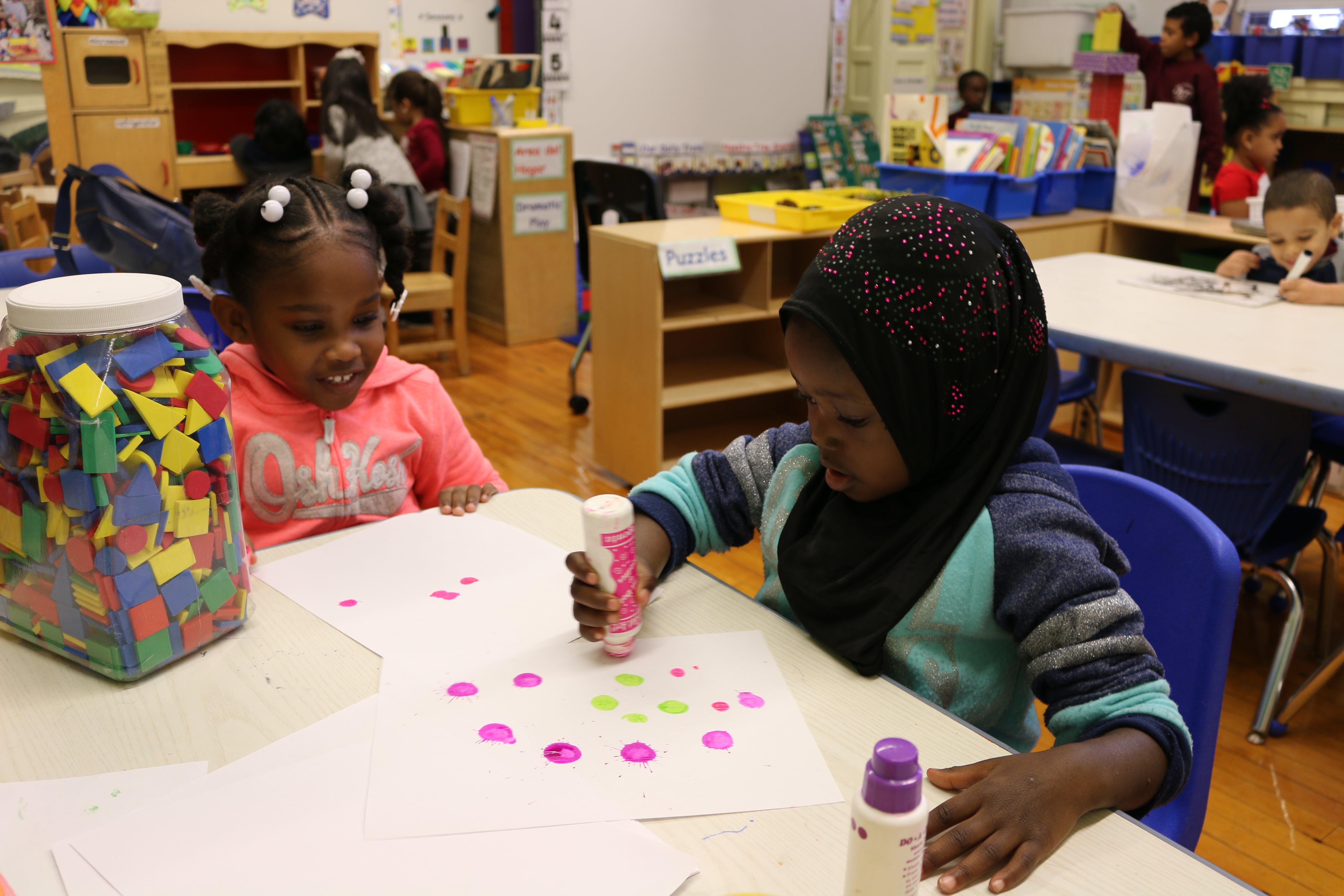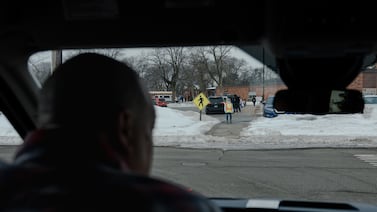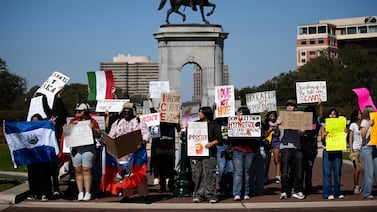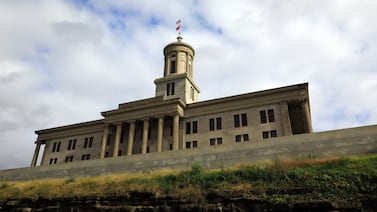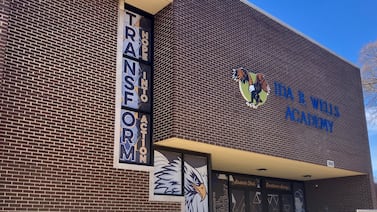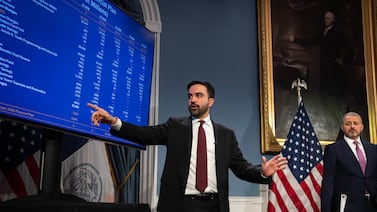It was perhaps a little less competitive to get into the city’s free pre-K programs this year: As the number of families applying dipped, the percentage who got into their top choice for the 2020-21 school year increased, according to education department data released Wednesday.
A record 77% of families received an offer for their first-choice Pre-K for All program, the city touted. However, the number of applications has tumbled recently: fewer than 62,000 families submitted applications, down by more than 3,000 from last year.
Most families — 90% — received an offer for one of their top three choices this year.
“Pre-K for All remains a bedrock of this city,” said Josh Wallack, a deputy chancellor at the city’s education department. “I’m so grateful to our dedicated teachers, staff, and providers who continue to make free, full-day, high-quality pre-K a reality.”
The education department gave two reasons for the decrease in applicants: a lower birth rate in 2016, and COVD-19. Uncertainty around the coronavirus was growing across New York City in the final two weeks that applications were due, which is typically when the education department sees a surge in submissions. The deadline was initially on the same day that school buildings closed in response to the crisis.
Parents who missed the application window can still add themselves to waitlists and, depending on availability, could begin to receive offers the same day. To sign up, or for assistance, families can visit myschools.nyc or call 718-935-2009.
Plans to extend pre-K to all 3-year-olds are on pause because of the pandemic. With the city expecting to lose billions, the expansion of 3-K for All into four new districts next year was cancelled.
Even though Mayor Bill de Blasio has made pre-K a pillar of his administration, advocates were quick to point out that thousands of children with disabilities consistently lack access. Year after year, the city has faced a shortage of seats for preschoolers who require services such as smaller class sizes, speech therapy, or accessible buildings.
“We are gravely concerned about preschoolers with disabilities who have a legal right to a preschool special education class but do not have one,” Kim Sweet, executive director of Advocates for Children of New York, said in an emailed statement. “Hundreds of preschoolers with disabilities were sitting at home prior to the pandemic and may have nowhere to go to school when buildings reopen.”
Pre-K for students with special needs is primarily funded by the state, but families and advocates point out that the city has promised a seat to every 4-year-old in the city who wants one.
The education department also announced that 38 programs this year changed their admissions process in the hopes of enrolling a more diverse student body. New York City schools are among the most segregated in the country, and pre-K classrooms have been found to be even less representative of the city than those in kindergarten.

